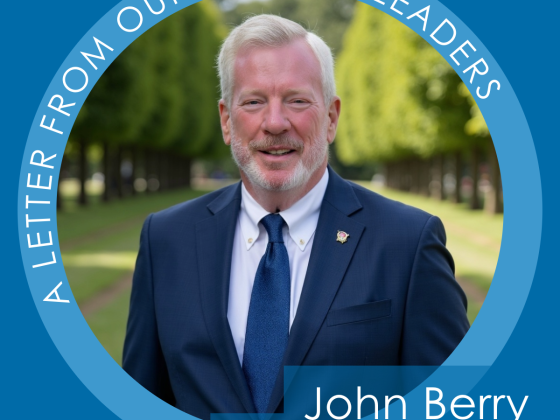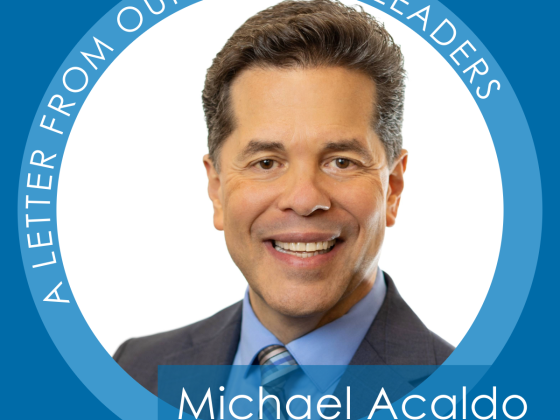Dear Vincentian Friends,
In last week’s Servant Leader column, Dave reflected on Vincentian service and poverty statistics with an encouragement to invest in systemic change efforts to complement our direct aid. Let me continue that theme with some related thoughts.
Our Society has taken steps in recent years to provide material that can help develop our understanding of what those we help are experiencing. The work of Donna Beagle has been a very good introduction to poverty in the United States. To go deeper into the complexity of the problem, I recommend Matthew Desmond’s new book, “Poverty, by America.” As in his previous best-selling book, “Evicted,” Desmond provides a well-researched analysis of the complexities of poverty in our country today. You may find fault with some of his conclusions, but you will recognize the people and situations he observes.
In last week’s column, Dave pointed out that “It seems we can’t end poverty by spending more on it.” Matthew Desmond agrees with this observation. Desmond’s analysis is: “We can’t just spend our way out of this. Over the past fifty years, we’ve tried that – doubling antipoverty aid per capita – and the poverty line hasn’t meaningfully budged. A big reason why is that we insist on supporting policies that accommodate poverty, not ones that disrupt it.”*
Desmond reviews almost every aspect of the factors that create poverty, and he refutes many myths about the causes of today’s poverty. He does not lay blame on liberals or conservatives. What he concludes is that most of our efforts, though costly, do not really “disrupt” poverty but actually “accommodate” it – to the benefit of many of us.
What about our Society’s systemic-change efforts? These programs go beyond charitable aid to lessen the suffering. We mentor our neighbors to help them out of their situation and find jobs, housing, education, and healthcare. But, do our efforts really change systems, or do they just help our neighbors in need navigate the status quo and therefore “accommodate” the systems that create their poverty?
Desmond lays out the challenges in each of these areas in great detail with real life stories. We also have these stories. If we want real systemic change, it will require that we share those stories and advocate for changes that will “disrupt” how these systems operate to the detriment of the poor. Let’s increase our efforts to be voices for the poor.
Frederic Ozanam seldom, if ever, talked about poverty as an abstract condition. He talked about misery and injustice. Poverty, as we use the term today, is often reduced to an inoffensive statistical measurement. Ozanam wrote about our charity relieving misery, and he believed that it was the place of justice to change the systems that caused the misery he witnessed. (This is the same language Frederic’s contemporary Victor Hugo used in his famous novel “Les Misérables.”)
Matthew Desmond’s conclusion is that we still have people suffering in poverty because many people, including many of us, benefit from the system. That is the origin of the book’s title, “Poverty, by America.” It may be an uncomfortable conclusion, but it’s one worthy of our attention. I don’t find most of his suggested solutions very satisfying. They are broad in scope and not likely to gain traction. Matthew Desmond has once again created a work, however, that challenges us to take a fresh look at the problem of poverty. He does this by drawing on insights both from personal relationships with those experiencing misery and from research on the causes of poverty in America today. That is a combination of scholarship and experience that would have met with Blessed Frederic Ozanam’s approval. That’s because, like Frederic, Matthew Desmond has climbed the stairs, sat by the bed, and listened to the people experiencing misery.
Serviens in spe,
Ralph Middlecamp
National Council President
*(“Poverty, by America” — p. 137)



Thank you, Ralph for these important comments on which we should reflect deeply. A number of us are in the midst of reading the book and its conclusions will likely influence our approach to our next strategic plan.